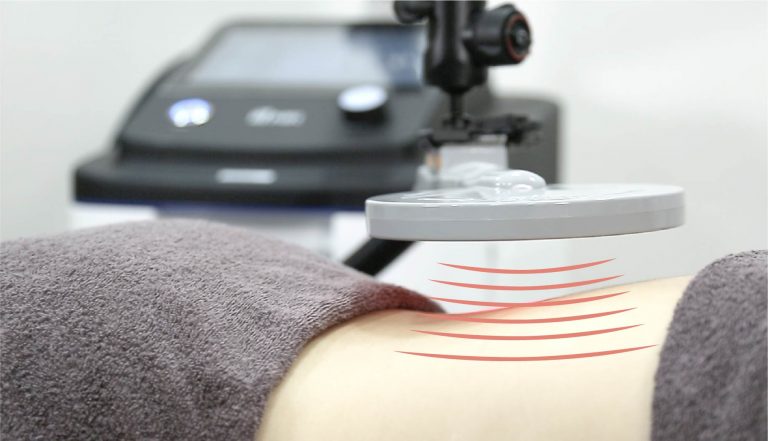Progesterone has a certain impact on women’s menstrual cycle. What is the function of progesterone? What are the symptoms of progesterone deficiency? Are there any side effects of taking progesterone medication? How to take supplementary progesterone and see the normal value of progesterone.
What Is the Function of Progesterone?
Progesterone, also known as progesterone or progesterone, is a type of female hormone. Hormones play an important role in the human body and have a great effect on the stability of human cells and major hormones.
There is a so-called luteal phase during women’s menstruation, which refers to the period after ovulation and before the next menstruation. During the luteal phase, estrogen and progesterone are produced. These hormones develop the endometrium and surrounding tissues, making the uterus an environment suitable for embryo implantation. It is beneficial to female conception, so progesterone is also called progesterone.
In addition to building a uterus that helps pregnancy, progesterone is also one of the indispensable hormones after pregnancy. Because progesterone can ensure the normal development of the embryo, doctors will also consider supplementing women with insufficient progesterone during pregnancy. Maintaining the balance of progesterone in the body can also help reduce the risk of premature birth.
What Is the Relationship between Progesterone and Menstruation?
There is a phase in the menstrual cycle also called the luteal phase. It refers to around the 15th to 28th day of the menstrual cycle. After ovulation, the follicle cells will proliferate and form the so-called “corpus luteum”. The corpus luteum will secrete estrogen and progesterone, causing endometrial hyperplasia and creating a suitable environment for embryonic development.
If there is no conception, the corpus luteum will gradually atrophy and become incapacitated. As progesterone production decreases, the lining of the uterus peels off and is expelled, which is what women experience every month with menstrual cramps.
Why Take Progesterone?
Once the progesterone in the body is insufficient, various symptoms may occur. Progesterone deficiency is not uncommon. The following five conditions may cause progesterone deficiency and require additional supplements:
- Aging: Aging is the main cause of progesterone deficiency. When a woman reaches the age of 35, her ovarian function will begin to decline, and the secretion of hormones such as estrogen and progesterone will also decrease.
- Disturbed work and rest and stress: Lack of sleep and stress are factors that cause endocrine disorders. The hormones that control endocrine are hormones. Once out of control, it will naturally affect the secretion of progesterone.
- Too thin: Fat is crucial for female hormones. Women who are too thin have low body fat and reduced hormone secretion, so they have the problem of insufficient progesterone.
- Smoking: Smoking can cause damage to all major organs, and the ovaries are no exception. Once the ovarian function deteriorates, the secretion of progesterone will decrease, and various symptoms will occur.
- Innate factors: Some people are born with a lower production of progesterone, so they need additional supplements to maintain hormonal balance.
What Are the Side Effects of Taking Progesterone?
If the doctor assesses that the patient needs progesterone supplementation, he or she will prescribe the drug to the patient. There are currently 4 types of progesterone drugs, each with different side effects.
- Oral medications: Possible side effects of oral progesterone include dizziness, nausea, menstrual abnormalities, weight gain or loss, abdominal pain, sleep problems, and breast pain.
- Injections: In addition to pain, possible side effects of injections include nausea, diarrhea, headache, fatigue, edema, etc.
- Suppositories: drugs with less common systemic side effects, but the disadvantage is that they are prone to vaginal discharge and sexual inconvenience.
- Gel: Progesterone gel is absorbed quickly and has obvious effects. Possible side effects include perineal pain, headache, diarrhea, nausea, decreased libido, fatigue, and mood swings.
What Is the Normal Value of Progesterone?
The normal value of progesterone fluctuates with the menstrual period, so the standard value of progesterone in different periods is also different.
- Follicular phase: between 0.4~1.4 ng/mL
- Ovulation period: between 3.34~25.56 ng/mL
- Luteal phase: between 4.44~28.03 ng/mL
- Postmenopausal: between 0.1~0.73 ng/mL




